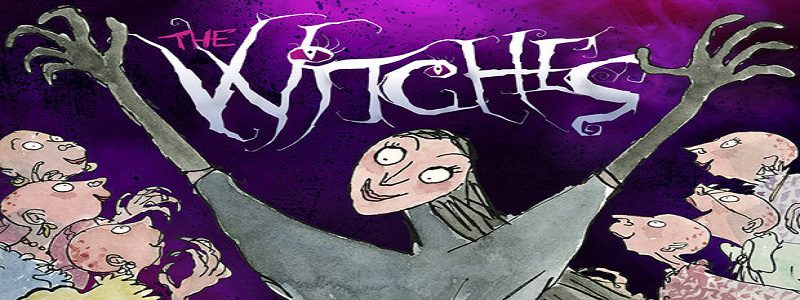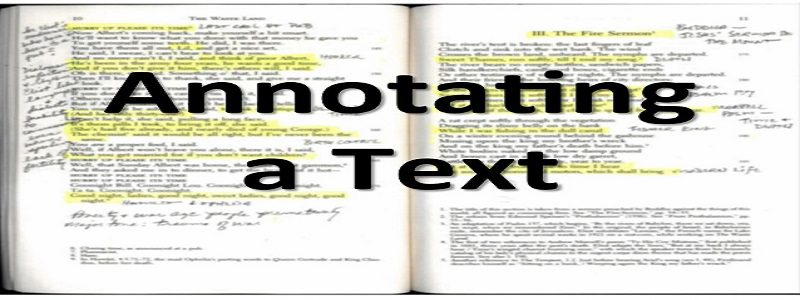‘The Witches’ and Argument-Based Discussions Linked to Key Passages
Argument-Centered Education has designed a new method of organizing teaching and learning around academic argumentation in ELA literature units. The strategy is one we call Argument-Based Discussions Linked to Key Passages. We recently collaborated with ELA teachers with one of our middle school partners to adapt this instructional format to a unit on Roald Dahl’s 1983 young adult novel, The Witches.
Working on Writing Mechanics: A Whole-Class Strategy
Several of our partner schools’ literacy teachers have coalesced around a concern for the level of command and control over mechanics and grammar that their students demonstrate in the academic writing. They are increasingly aware of the way that their students’ college readiness is being evaluated on the basis of their use of standard, grammatical written English. These schools have been assigning exercises on the fundamentals of mechanics, but these activities are abstracted from the mental maps and actual ways of using grammar embodied by their students’ written work. This activity addresses students own individualized mechanics misunderstandings.
ACE Invited to Present at Fall 2017 IATE Conference
Argument-Centered Education has been asked to present at the Fall 2017 Illinois Association of Teachers of English (IATE) conference in Bloomington-Normal in late October. The title of Argument-Centered Education’s talk is
Re-imagining literacy instruction through academic argument: Using controversies and debates to inspire our students and ourselves every day
The theme of conference — with which our talk will accord — is Re-Imagine: Our Passion, Our Practice, Our Profession.
Returning Mini-Lessons, Retrieval Practice, & Critical Thinking
One of our partner school’s English classes are using informational texts right now to conduct classroom debates on transgender troops and North Korean nuclearization. In a lesson modeling arguments to support positions on these issues, a student built an argument that banning transgender troops would weaken the U.S. military by shrinking it. The student had evidence from the New York Times Upfront Magazine on the number of transgender troops currently serving. She didn’t have much in the way of reasoning in her model. So we had all the students perform a quick-write to supply the missing reasoning. We looked at a couple of student samples, using a document camera, comparing their strengths and weaknesses, and ending with a synthesized model of reasoning.






